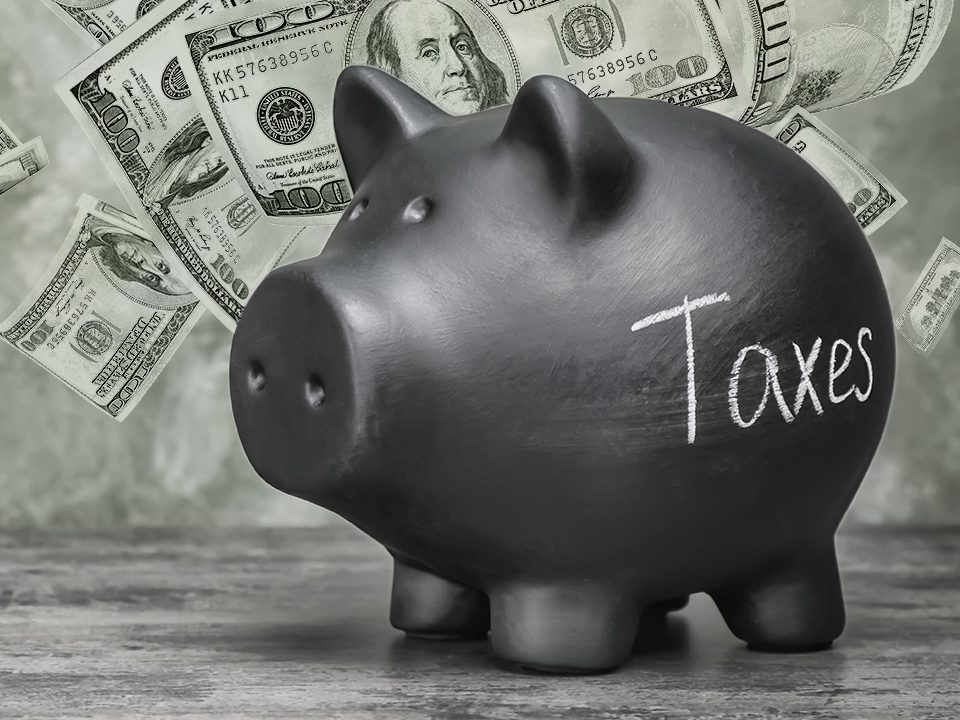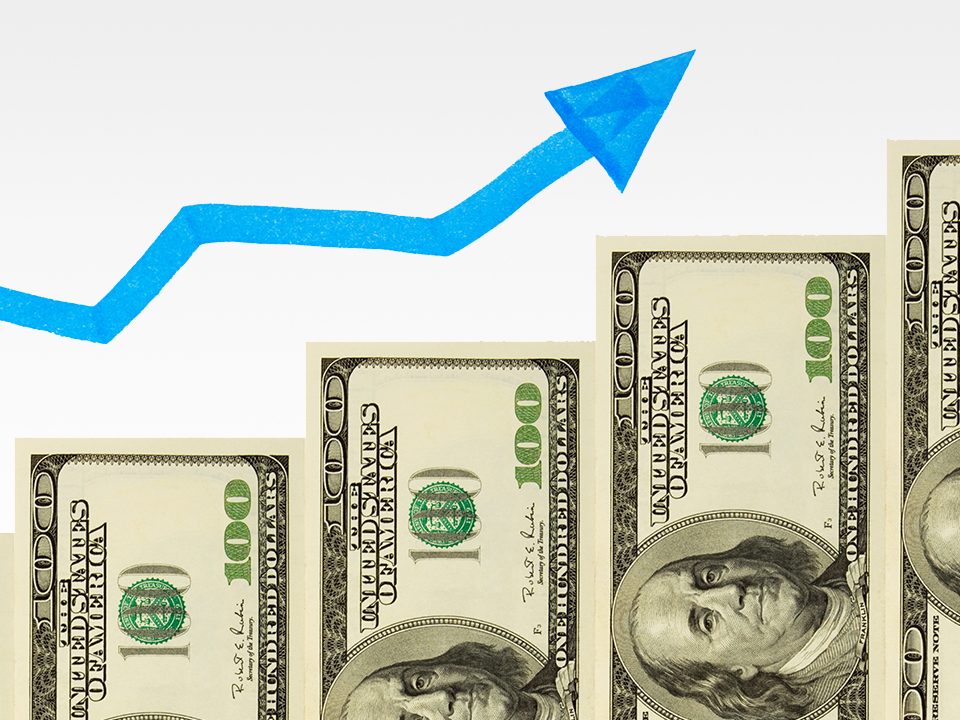When looking for a mortgage, it’s important to know your limit and stick to it. When you sign up for more than you can afford, you risk not being able to make your monthly mortgage payments. With a home being one of the largest purchases you’ll ever make, it’s important to make wise decisions when coming up with a budget for your mortgage. Continue reading to learn more about budgeting for a mortgage!
Spending money is easy, saving is hard. For many people, saving doesn’t come easily. You see something at the store that you want that wasn’t on your original list and you buy it. Or, you take little out of savings to buy a concert ticket. These little things add up over time and can prevent people from saving the amount of money that they want.
According to Zillow, 2020 could bring a recession in the home-buying market. It’s important to consider all areas of your budget before deciding if you can take on a monthly mortgage payment.
Budgets
It sounds daunting, but creating a budget is easier than you would think. A budget is a spending plan you set up based on what you make minus the expenses you have each month. Budgeting is the foundation of financial health and wellbeing. When you write out the numbers and can physically see where your money is going, it’s easy to cut back. This is especially important when you’re ready to buy a home.
A budget doesn’t have to mean you can’t have any fun either, which is often a common misconception. Having a budget just means planning for fun. Unexpected purchases add up fast, and when you didn’t plan for them it can cause your bank account to go into distress.
Once you set up your budget for the first time, it’ll be easier to edit and switch up in the future. The Balance recommends these painless steps for creating your first budget:
1.Gather all of your bills, receipts, pay stubs, and bank statements.
You’ll need to keep an eye on your income and expenses for at least one month to successfully create a budget. Seeing these come in as they happen will help you better prepare for the future.
2.Create a budget worksheet
These days it’s easy to get access to budget templates online, however, you can even use an Excel spreadsheet or the classic pen and paper. You’ll start by listing your income and relevant taxes, and then all your bills like rent, car payment, insurance, credit cards and other debts, groceries, gym, etc. Every single thing you spend money on needs to go into the budget.
3.Add it up
Add each set of figures up and subtract it from your total income. This will show you what your financial health looks like. If your income is greater than your expenses and you have money left over, send it to savings! If your expenses are more than your income, you’ll need to look at your budget closely to see where you can cut back.
4.Further Categorize
After the initial budget is complete, begin breaking it down and looking at them in categories of fixed expenses (like your rent), variable expenses (like utility bills and others paid per usage), and discretionary expenses (your wants not your needs). Once these have been outlined, it will be easier to move your money where you want it to, like 20% of what’s left to savings and 10% to your entertainment fund.
Putting all the numbers in one place helps you really grasp what is going on in your life financially. If you didn’t realize how much money you had left after expenses because of indulgent, random spending, you’ll be more conscientious in the future.
Begin Budgeting
Once you have outlined your expenses and income, begin moving numbers around. This is when it will be important to remember your goals. In this case, the goal is to buy a home. Think of your ideal down payment number and begin saving for it. If you have debts, begin sending this extra income to pay them off faster. Goals help keep us motivated and looking forward to the future. Imagine being in your own home. Imagine being debt free. You have the power to make it happen.
Put your budget into action by making it the center of all your money decisions. This will help you reduce spending, get a handle on your debts and collections owed, reduce your tax burden, and increase your savings.
Savings goals to reach towards are: a mortgage, emergency fund, and sinking funds that will make it easier to commit to your budget each and every month.
Why You Should Budget
You should budget because it puts you in charge of your money. You begin telling your money where you want it to go. According to NerdWallet, budgeting can help you:
- Understand your relationship with money: tracking your earning and spending helps you paint a clear picture and notice any bad money patterns you have.
- Save for the future: like for your mortgage! It’s also a good idea to have an emergency fund in case something happens so you can continue paying your bills.
- Get out of debt — and stay out: your budget will show you how much money you can really send to debt. Goodbye minimum payments, hello paying off debt.
- Relieve stress: budgeting isn’t going to solve all your problems, but it can help you get a handle on any stress you feel that is centered around money.
Other Budgeting Tips
Once you have your money organized and know how much you can spend in each of your categories, use that to your advantage. You can begin saving any more money by doing things like:
- Shopping more frugally: take advantage of rewards programs you can find at places like Target or your local grocery store. Check for coupons and even consider buying non-name brand items.
- Spend now to save later: this sounds counterintuitive, but sometimes spending money now helps you save more in the long run. This means going to regular checkups and more before serious, costly problems arise.
- Consider a side hustle: if you find you want a little more wiggle room in your budget, consider a side hustle. See our tips to get started.
Determining the Mortgage You Can Afford
Creating a budget means you’ll be able to know the exact amount you can afford for a mortgage. Ideally, you will plan to have a mortgage that is two times your gross annual income.
Using our mortgage calculator, you can estimate what your monthly mortgage payment will be. This includes principal, interest, property taxes, homeowners insurance, and private mortgage insurance. When you use the calculator, you can make adjustments to the variables like: home price, down payment, interest rate, and length of term to see how that affects your potential monthly payment.




